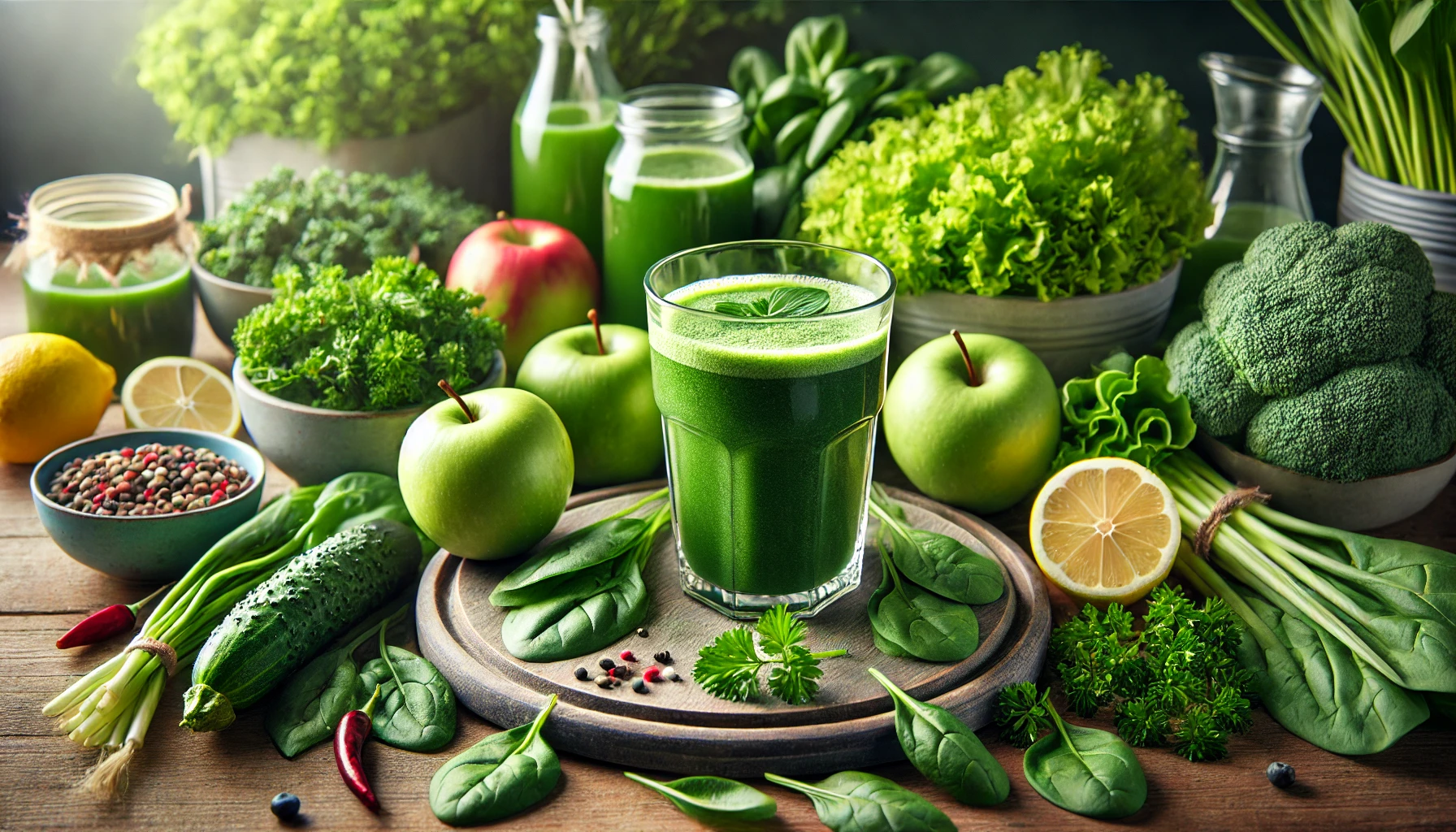Health Notice: This article was written using the Consensus AI Academic Search Engine. It is intended solely for informational purposes and should not be considered medical advice. Always consult a licensed healthcare provider for diagnosis, treatment, or medical guidance. Please refer to the full Disclaimer at the end of this article.
The concept of an alkaline diet has gained popularity in recent years, with proponents claiming that it can improve health by balancing the body’s pH levels. This diet emphasizes the consumption of foods that are believed to produce an alkaline effect in the body, primarily fruits and vegetables, while reducing intake of acid-producing foods such as meat, dairy, and grains. This article explores the types of foods that are high in alkaline and examines the scientific evidence supporting the benefits of an alkaline diet.
Foods High in Alkaline
Fruits
Fruits are a cornerstone of the alkaline diet due to their high potassium content, which is believed to help neutralize acid in the body. Some of the most alkaline fruits include:
- Bananas: Rich in potassium, bananas are a great choice for maintaining an alkaline balance.
- Berries: Blueberries, strawberries, and raspberries are not only high in antioxidants but also contribute to an alkaline diet.
- Citrus Fruits: Despite their acidic taste, lemons, limes, and oranges have an alkalizing effect once metabolized.
Vegetables
Vegetables are another key component of the alkaline diet. They are packed with essential nutrients and have a high alkaline content. Notable examples include:
- Leafy Greens: Spinach, kale, and Swiss chard are excellent sources of alkalizing minerals.
- Cruciferous Vegetables: Broccoli, cauliflower, and Brussels sprouts are known for their high alkaline content and numerous health benefits.
- Root Vegetables: Carrots, beets, and sweet potatoes are also considered alkaline-forming foods.
Nuts and Seeds
Certain nuts and seeds can also contribute to an alkaline diet. These include:
- Almonds: High in healthy fats and protein, almonds are a good alkaline snack.
- Flaxseeds: Rich in omega-3 fatty acids, flaxseeds are another alkaline option.
Legumes
Legumes such as lentils, chickpeas, and beans are not only high in protein but also contribute to an alkaline diet. They are versatile and can be incorporated into a variety of dishes.
Scientific Evidence
Muscle Mass Preservation
Research has shown that a diet high in potassium-rich foods, such as fruits and vegetables, may help preserve muscle mass in older adults. A study found that higher urinary potassium excretion was positively associated with lean body mass, suggesting that an alkaline diet could be beneficial for maintaining muscle mass as we age1.
Bone Health
The relationship between an alkaline diet and bone health is more contentious. Some studies suggest that alkaline salts of potassium can reduce bone loss and improve calcium balance2. However, other research indicates that there is insufficient evidence to support the claim that an alkaline diet directly benefits bone health3 5. More long-term studies are needed to establish a clear connection.
Acid-Base Balance
In herbivores, a high-alkali diet has been shown to maintain normal acid-base conditions in the blood, even when faced with additional acid load4. This suggests that a diet rich in alkaline foods can help manage the body’s acid-base balance effectively.
Conclusion
While the scientific community is still debating the full extent of the benefits of an alkaline diet, there is evidence to suggest that consuming foods high in alkaline, such as fruits, vegetables, nuts, seeds, and legumes, can have positive effects on muscle mass and potentially bone health. Incorporating these foods into your diet can contribute to overall well-being and help maintain a balanced pH level in the body.
By focusing on a diet rich in alkaline foods, individuals can enjoy a variety of health benefits while also consuming a nutrient-dense and balanced diet.
Disclaimer
The content in this blog post was generated using Consensus, an AI-powered academic search engine, and is based on publicly available scientific literature. While we strive to provide accurate, up-to-date, and well-researched information, this content is intended for informational and educational purposes only.
It does not constitute medical advice, diagnosis, or treatment. Always consult a qualified healthcare professional before making decisions related to any medical condition, treatment, or medication.
The AI system’s analysis may not account for all perspectives, ongoing research, or individual circumstances, and should not replace professional expertise. Neither the blog publisher nor the developers of the Consensus AI tool are liable for any decisions or actions taken based on this content.
Use of this information is at your own risk. Where provided, citations link to original scientific studies for reference only—these should be reviewed independently and interpreted with the support of a qualified medical or research professional.
If you are experiencing a medical emergency, please seek immediate care from a healthcare provider or call emergency services.
